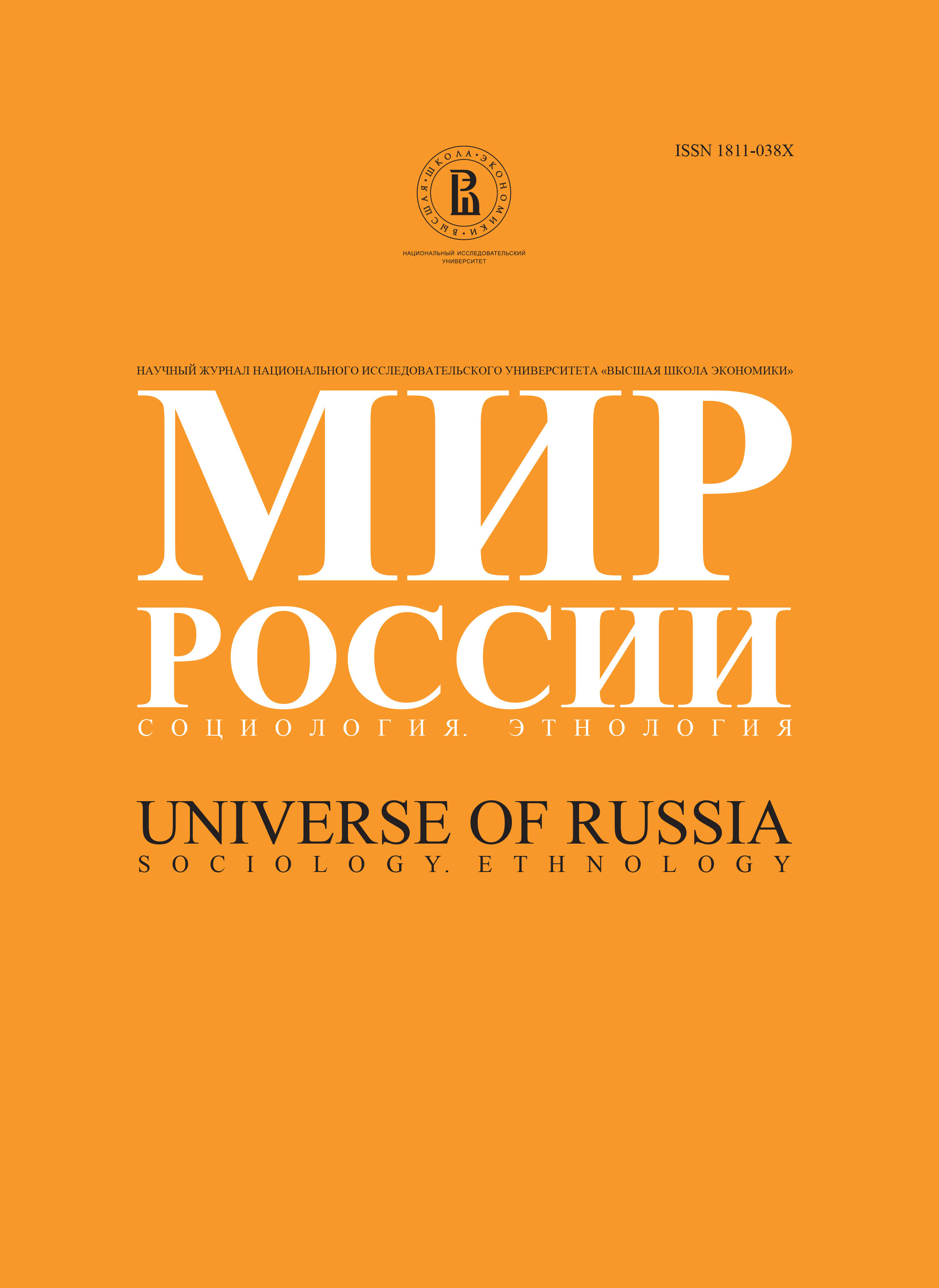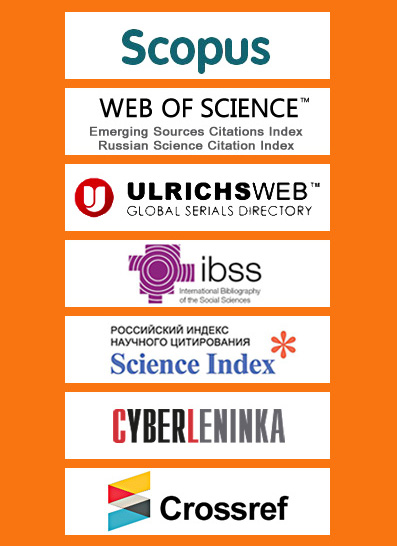Российская наука в новых условиях: роль зарубежных фондов
Аннотация
Как складывается в условиях радикальных перемен в статусе науки и ученого карьера элитных научных кадров в России? Какова мотивация для продолжения исследовательской работы или перехода к иной деятельности, выезда для работы или на постоянное место жительства за рубеж? Как сами представители российской научной элиты относятся к проблеме "утечки мозгов", какие возможности для сохранения и расширенного воспроизводства человеческого потенциала отечественной науки они видят? Эти и другие близкие вопросы рассматриваются в статье, написанной по материалам прикладного проекта, в ходе которого были исследованы профессиональные и жизненные стратегии бывших российских стипендиатов престижного немецкого Фонда им. А. Гумбольдта.






